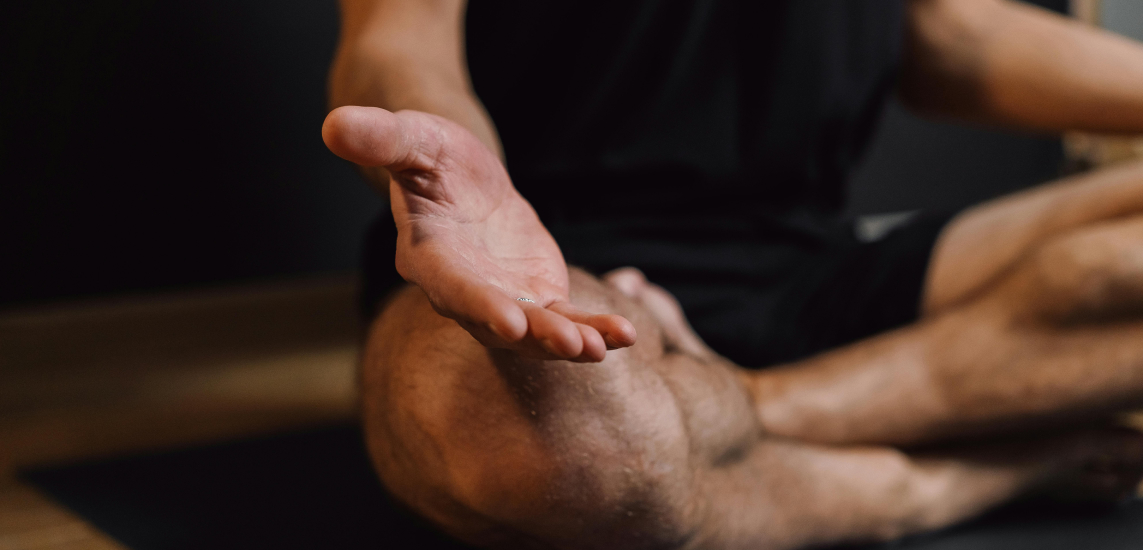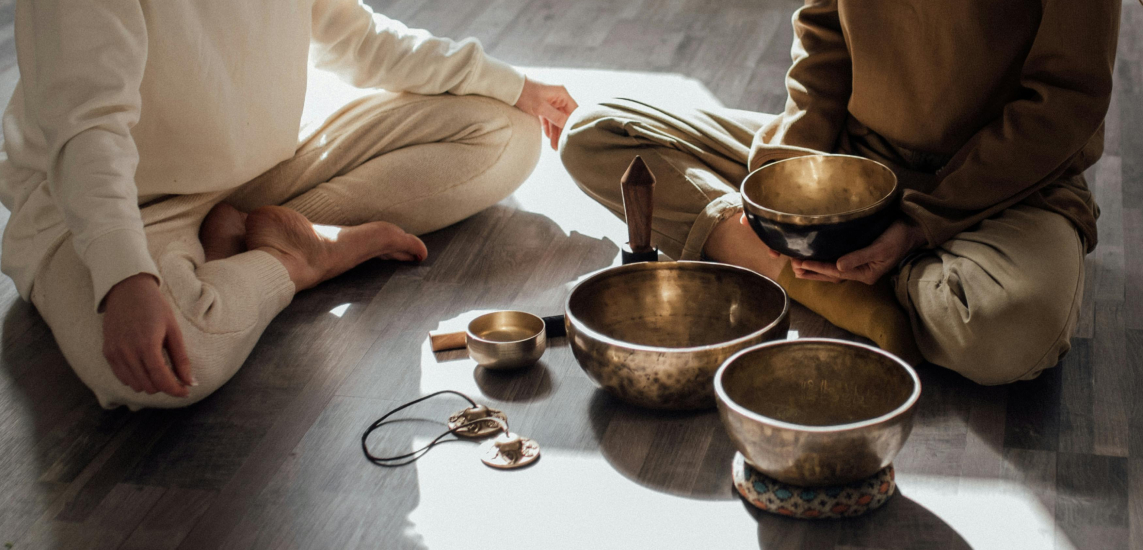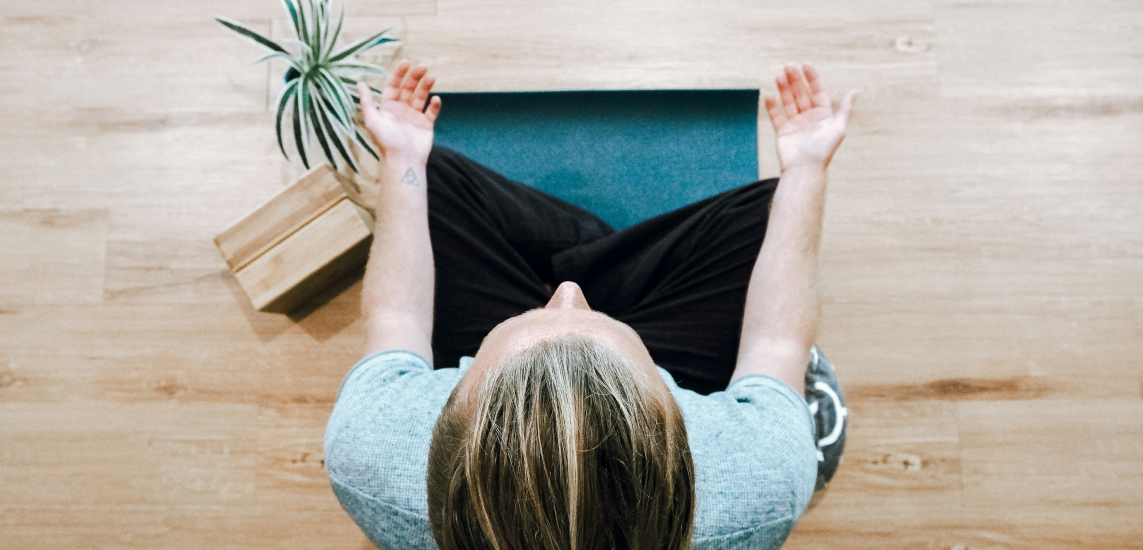Humility, moderation, and compassion are often considered the three pillars of Taoism. Sometimes it is difficult to understand why humility is considered to be a Taoist virtue when people often interpret humility as self-deprecation and unworthiness. It can be challenging to figure out how to be humble while maintaining self-compassion. However, putting the basic concepts below into practice may help you embrace the idea.
The Benefits Of Humility
Have you ever been around someone and feel your body automatically begin to relax? Or sometimes around that person do you feel an inner sense of quiet comfort? Often this feeling arises when you feel fully heard, accepted and seen without judgment, and often these sensations occur while in the presence of humble people.
Humble people know their limitations and inner strengths and don’t feel a need to show you either. Humble people embody inner peace then extend it outward. This expression of humility arises from self-acceptance springing from a recognition that being human matters more than things such as the perfect body, six-figure salaries, climbing the corporate ladder or the number of Facebook friends.
Instead, humble people value continual personal growth. They recognize that while no one is perfect, each of us has an opportunity to constructively cultivate and grow inner peace by challenging our limitations through seeking advice, new ideas and constructive feedback.
How To Be Humble: Humility Means To Have Knowledge But No Need To Show It
Let that settle into your body and heart for a moment. The idea that being humble is knowing but not being a know-it-all. Sharing your experience is often essential and valuable. However, sometimes listening rather than speaking has value.
Imagine standing with a small group of people with whom you have much in common. They’re swapping stories about how their skills show up in the world. In this scenario, imagine yourself listening, observing without judgment, as other people present themselves. You know you could chime in with a story of when you demonstrated the same skill or perhaps did an even better job. Yet you choose to stay quiet.
Imagine that in this scene, people start swapping stories, trying to top one another. Then, visualize one of the people in this group turning to you and with genuine curiosity invites you to speak. Without trying to outdo anyone else or the intention of shining a light on yourself, you share your story with grace and humility. You speak clearly and humbly. You detach from a desire to impress others or be offered accolades.
As you speak, a sense of joy bubbles up. You talk without trying to prove that you’re better than anyone else. Instead, you tell a story about something you’ve done well.
This imagined story is an example of having knowledge but no need to share it.
Humility Is Not About Being Self-Deprecating Or Self-Critical
Being humble doesn’t mean thinking that you are worthless or being hard on yourself. Instead, humility embodies quiet confidence that isn’t propped up by bragging or boasting. You have confidence in your talents, your skills and yourself, but you don’t show off to gain approval from others.
Upon meeting others, humble people share a bit about themselves then ask the other person about themselves. Sharing only a small bit about yourself, rather than listing off all your accomplishments first creates an opportunity for a give and take between you and the other person. Humility means that you feel enough inner peace that there’s no need to awe them with your talents from the moment you meet.
Humility Does Not Ask You To Hide Your Inner Light
Being humble doesn’t mean pretending to be less than you are. No one is served well with false modesty. Just as others do, you have unique gifts. You have things to learn and teach.
All of us have different passions and gifts, but no matter your talent, have the confidence to share it. When you share your gifts and appreciate the gifts of others, you are humble.
Bring to mind some aspect of yourself or skill you have where you excel. Consider the idea that, at birth, you received the foundation of this ability. Though perhaps you’ve honed this skill, or you’ve invested time and money in learning, this skill may be innately yours, a gift from some higher source. Ask yourself, “how can this talent serve others?” Humility asks us to share our gifts so that they can help others.
Another aspect of humility is the willingness for others to let their gifts shine, even if you may not care for their approach. Detach from judgment; you don’t need to prove them right or wrong. Being your best self at the moment is how to be humble, and it’s a way to cultivate inner peace.
Approaching the world from this perspective demonstrates tremendous inner strength.
Three Suggestions For How To Be Humble
Though these suggestions appear simple, implementing them may not be easy. Be kind to yourself in the growing process. Practice these three suggestions daily will ultimately support your self-acceptance and self-compassion and help you help others learn to do the same.
Explore hundreds of free guided meditations for self-compassion in the Insight Timer library.
1. Embrace Your Humanness
At one time or another, we all fail at something important to us—a job, a relationship, learning new skills. In response, our self-esteem may falter because we attached our self-worth to those situations. Suddenly, our minds tell us we’re inadequate or unworthy.
However, through cultivating humility, you have an inner reserve of strength. You detach from the assessment of others and value your own opinion. Thus, when you don’t live up to others’ expectations, it doesn’t mean something is wrong with you. Instead, it means you’re human. It’s okay to make mistakes. Learn from them if you can, then move on.
2. Practice Mindfulness & Self-Compassion
Humble people are adept at accurately assessing both their faults and gifts and use this awareness to continue their personal growth.
Research over the past decade indicates that self-compassion and mindfulness lead to increased psychological resilience and emotional well-being. Mindfulness augments our self-awareness by inviting us to stop and notice, without judgment, our emotions and thoughts. We become mindfully aware of our inner lives and our inner critics. We begin to see potentially limiting and unhealthy beliefs and actions.
After giving attention to the aspects of ourselves that wreak havoc on our inner peace, we can begin emotionally detaching from them. Detachment requires self-compassion, treating yourself with understanding and kindness. Embrace your noisy inner critic, befriend it, try to figure out what it needs, and throughout be as tender as you would to your closest friend who’s just received bad news and it acting out.
Read more: Explore how to approach your inner critic with respect, understand its motivation and change the script of your inner dialog.
Once you become aware of and accept what needs to be changed, you begin a transformation process. Patiently and gently replace negative thoughts or actions with positive ones. This process eventually leads to inner strength and a deepening level of humility.
Before sharing her third suggestions of how to be humble, you might want to pause here and practice humility with these guided meditations by Amy Pattee Colvin, which you can also find in the Insight Timer app:
- Humility As a Listening Practice Amy Pattee Colvin 6:53
- Humility Using Your Gifts to Serve Others Amy Pattee Colvin 7:11
In another article, Amy explores the ancient Taoist practice of inner smile meditation.
3. Express Gratitude
Gratitude helps us shift our thoughts away from ourselves and to other people. Being humble does not mean thinking less of yourself. Instead, it means thinking of yourself less.
A 2014 study found that “[humility] is characterized by low self-focus, secure sense of self, and increased valuation of others. Gratitude is marked by a sense that one has benefited from the actions of another… Our results suggest that humility and gratitude are mutually reinforcing.”
Practice expressing gratitude daily, and if you need to, start small. Express gratitude for your ability to breathe, move, eat and drink—express gratitude for the rain as well as the sun. Even at this simple level you begin to cultivate humility. As you become more humble, you can extend increasing gratitude. This spiral reinforces itself.
Read more: Learn how to start living a life of gratitude besides writing down a gratitude list.
The next time you wonder how to be humble, remember that the key is seeing life as a journey toward cultivating the best aspects of ourselves, and in turn, we contribute to making the world a better place.


-1.jpg)




